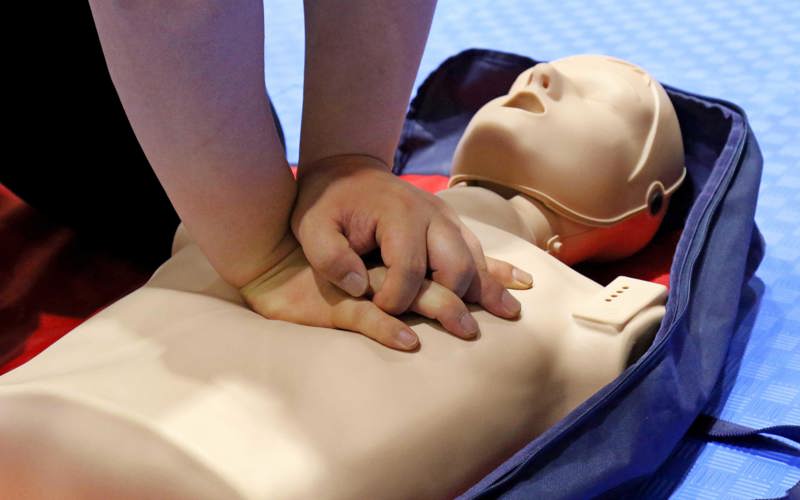This was one of many improvements highlighted in the latest findings from the OHCA Data Linkage Project, which also showed that, for the first time, more than one person in ten suffering a cardiac arrest outside of hospital is surviving and leaving hospital.
When the Scottish Government launched the OHCA Strategy in 2015 to ensure Scotland became a leader in OHCA survival, only around one in 20 people survived to hospital discharge. The OHCA Data Linkage Project was central to this strategy and set out to improve data collection and reporting on OHCA by tracking patient outcomes and measuring the impact of the strategy.
There is a high level of international consensus about the steps required to improve patient outcomes following an OHCA. The first of these is to build a mechanism to measure current system performance, identify areas for improvement and track progress. Interventions can then be developed and tested using evidence to inform improvements in real time.
However, this is not a straightforward process as the system delivering care to victims of OHCA spans multiple agencies. Assembling meaningful data requires the synthesis of information from a range of data sources. In order to know how many patients fall victim to OHCA each year, the details of emergency calls to the Scottish
Ambulance Service (SAS) is first required. This gives the number of incidents where Ambulance Service personnel attempted resuscitation for OHCA. As Ambulance Service data collection stops when the patient is delivered to hospital, in order to calculate the proportion of OHCA survivors, information is required about in-hospital care.
This is accessible via a patient’s Community Health Index (CHI) number. The CHI number uniquely identifies everyone registered with the healthcare system in Scotland.
The linkage of Ambulance Service cases with the patient's CHI number transforms 'incidents' into CHI-linked patient records.



